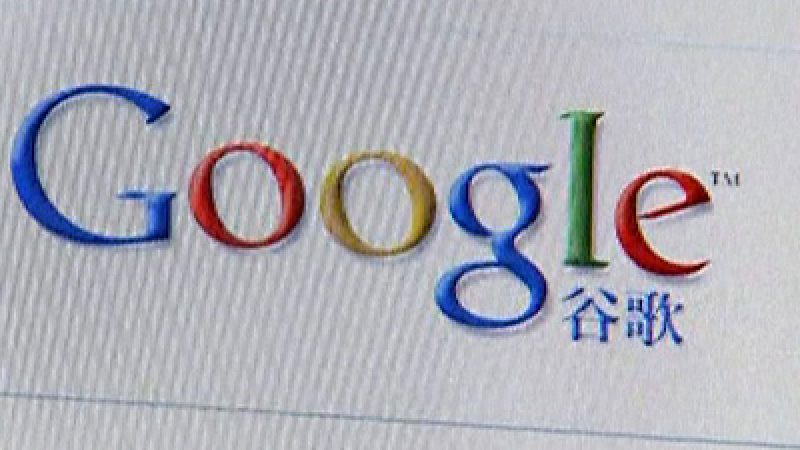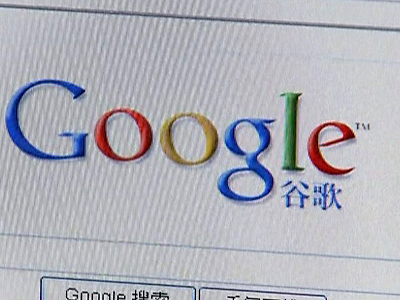
Censorship Pressure Behind Google’s Move to Hong Kong

Two months after announcing a possible withdrawal from China—search engine giant Google has moved its mainland Chinese search engine to servers in Hong Kong.
On Tuesday, Google’s Chief Legal Officer, David Drummond, spoke with The Atlantic correspondent James Fallows. Drummond said that the Chinese regime’s censorship and surveillance was repressive, and that, “We felt that we were being part of that.”
He said that:
“Since the Beijing Olympics, our experience in China has gotten worse… We have had to censor more. More and more pressure has been put on us.”
By switching its servers to independently governed Hong Kong—and redirecting Chinese searches from google.cn to google.com.hk—Google will no longer be subject to mainland Chinese law. That means it no longer has to censor search results. The Chinese regime can still block access to search results for Mainland users, but Google itself won’t be doing the censoring.
Political Science Professor Joseph Y.S. Cheng from the City University of Hong Kong spoke about Google’s decision.
[Professor Joseph Y.S. Cheng, City University of Hong Kong]:
“Basically, it’s a message to the whole world, which is that China basically has no freedom of press. All news goes through censorship, and information is filtered.”
Former U.S. Ambassador to Hungary Mark Palmer applauded Google’s move.
[Mark Palmer, Former U.S. Ambassador to Hungary]:
“Well I think Google is doing exactly the right thing. No democratic company should allow censorship of its content, and I think Google is now finally saying, ‘Enough is enough.’”
The State Council Information Office has issued orders to all Chinese media to censor their reporting on Google’s actions. It has also ordered websites to carefully monitor and control information on Google.
According to a translation posted on the China Digital Times website, the orders include, “Only use Central Government main media (website) content,” and, “It is not permitted to hold discussions or investigations on the Google topic.” Websites were also ordered to “clean up” any expressions of support for Google.
 Foto: NTDTV
Foto: NTDTV



























vielen Dank, dass Sie unseren Kommentar-Bereich nutzen.
Bitte verzichten Sie auf Unterstellungen, Schimpfworte, aggressive Formulierungen und Werbe-Links. Solche Kommentare werden wir nicht veröffentlichen. Dies umfasst ebenso abschweifende Kommentare, die keinen konkreten Bezug zum jeweiligen Artikel haben. Viele Kommentare waren bisher schon anregend und auf die Themen bezogen. Wir bitten Sie um eine Qualität, die den Artikeln entspricht, so haben wir alle etwas davon.
Da wir die Verantwortung für jeden veröffentlichten Kommentar tragen, geben wir Kommentare erst nach einer Prüfung frei. Je nach Aufkommen kann es deswegen zu zeitlichen Verzögerungen kommen.
Ihre Epoch Times - Redaktion